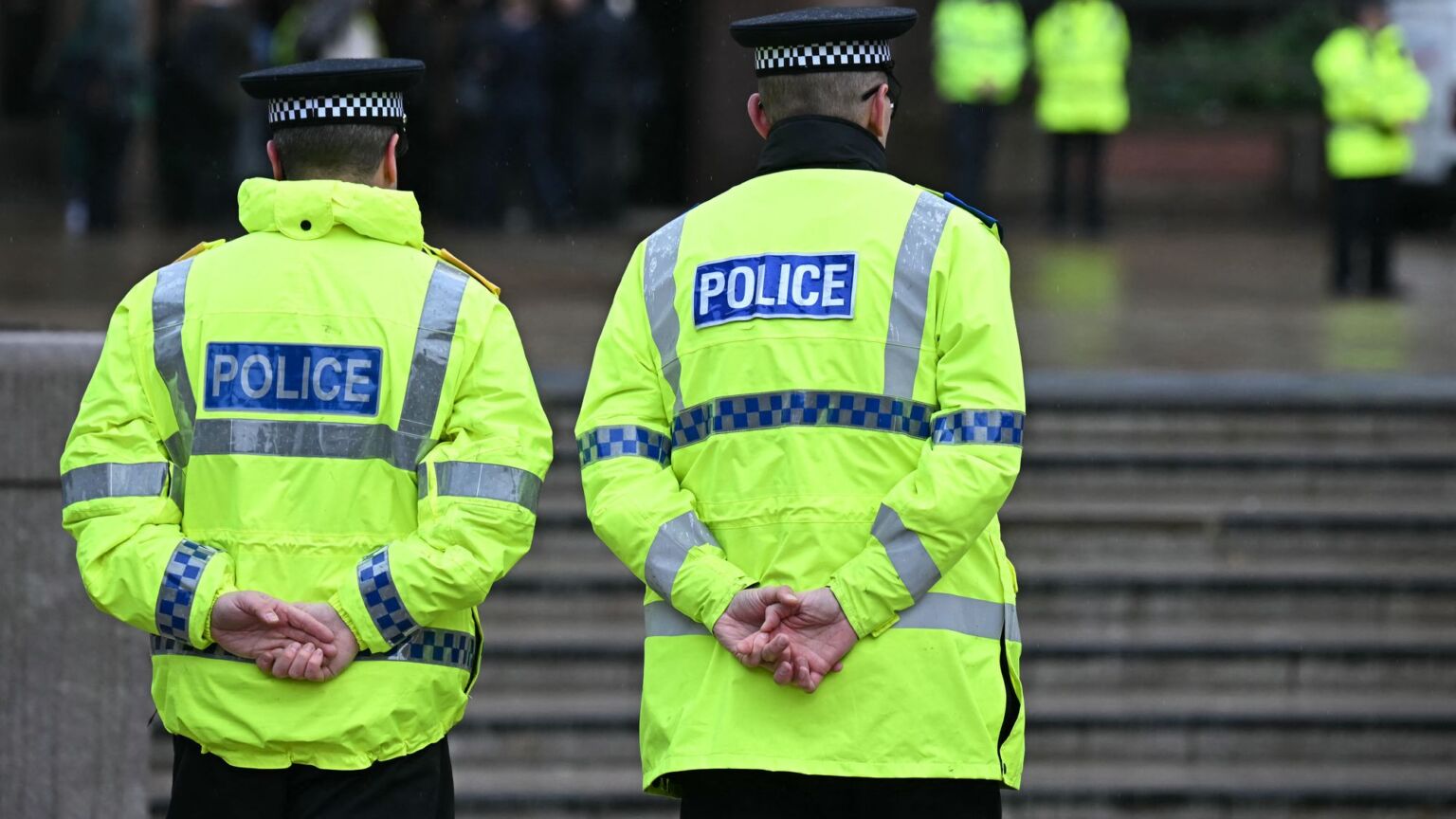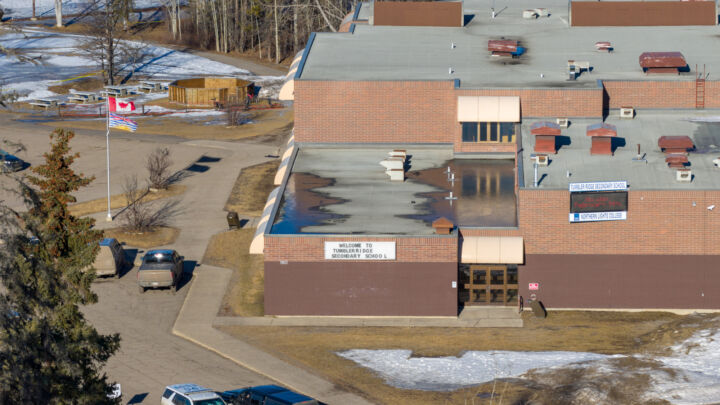The police’s selective silence on the ethnicity of suspects
These double standards are inflaming tensions and fuelling mistrust.

Want unlimited, ad-free access? Become a spiked supporter.
When should police reveal the ethnicity of a suspected criminal? Much more than they currently are, according to No10 Downing Street. ‘From the police up to central government, we should always be as transparent as possible when it comes to cases’, says Keir Starmer’s official spokesman in today’s Telegraph.
The PM’s vague intervention comes after two Afghan men were charged last week in connection with the alleged kidnapping and rape of a 12-year-old girl in Nuneaton, Warwickshire. Despite the huge public interest and local concern over the case, Warwickshire Police are said to have urged local councillors and officials to keep crucial details out of the public eye – including the fact that the two suspects, Ahmad Mulakhil and Mohammad Kabir, are asylum seekers. According to the Daily Mail, police feared, in those now dreaded words, that exposing this information could ‘inflame community tensions’.
It won’t have escaped most people’s notice that the details the police are willing to release about a suspect tend to be based on that suspect’s ethnic background. Contrast the caginess of Warwickshire Police in revealing Mulakhil and Kabir’s immigration status with Merseyside Police’s response to the Liverpool parade crush back in May. Within just two hours of a motorist driving into a crowd of people in central Liverpool, injuring 50 people, the police were eager to let it be known that they had arrested a ‘53-year-old white British man from the Liverpool area’.
‘We have always said and continue to say that transparency is important, and that is our position’, says Starmer’s spokesman. But this isn’t true, is it? Both No10 and the police could hardly have responded more differently to that other infamous incident on Merseyside: when Axel Rudakubana brutally murdered three girls in a dance class in Southport last year.
In the immediate wake of the Southport atrocity, Merseyside Police refused to say anything at all about the suspect, beyond the fact that he was a ‘17-year-old male from Banks in Lancashire, who is originally from Cardiff’. Given that the killer was a minor at the time, he could not be named. But there was no reason to withhold other information that would have aided public understanding of these terrible crimes.
Following Rudakubana’s guilty plea in January this year, Starmer defended this lack of disclosure, claiming the trial would have collapsed had too much been made public. ‘The law of this country forbade me or anyone else from disclosing details sooner’, he claimed. This sorry excuse has since been demolished by Jonathan Hall KC, the UK’s independent reviewer of terrorism legislation, who said it would have been ‘far better’ for the authorities to share more details on Rudakubana’s arrest. Writing in the Telegraph in March this year, he blamed the ‘near silence’ from police, prosecutors and the government for the rioting that followed, as misinformation about the suspect being a Muslim asylum seeker spread online, with no one able to rebut it with the truth. These ‘dangerous fictions’, Hall said, ‘could have been far more prejudicial to the prosecution of Rudakubana than some of the true facts which were suppressed in the name of contempt of court’.
Of course, we all know that the real reason the police are reluctant to reveal details about ethnic-minority suspects is not for fear of contempt of court – it is really out of a contempt for the public. The police and the authorities see ordinary people, especially the white working class, as a riotous mob-in-waiting, ready to erupt in violence at the earliest news of a crime committed by a non-white Briton or a new arrival. And so they try to brush these crimes under the carpet. This might involve withholding information. Or worse still, as in the grooming-gangs scandal, the police may even refuse to investigate them at all.
The result of this is a mutually assured suspicion between police and the people. Whenever details of a suspect are withheld, the public now suspects – with ample justification – that the offender is from an ethnic-minority background. The constant cover-ups from the police and local authorities, all supposedly in the name of cooling communal tensions, are doing as much to inflame matters as the crimes themselves. We must trust the public to hear the truth.
Fraser Myers is deputy editor at spiked and host of the spiked podcast. Follow him on X: @FraserMyers.
You’ve hit your monthly free article limit.
Support spiked and get unlimited access.
Support spiked and get unlimited access
spiked is funded by readers like you. Only 0.1% of regular readers currently support us. If just 1% did, we could grow our team and step up the fight for free speech and democracy.
Become a spiked supporter and enjoy unlimited, ad-free access, bonus content and exclusive events – while helping to keep independent journalism alive.
Monthly support makes the biggest difference. Thank you.










Comments
Want to join the conversation?
Only spiked supporters and patrons, who donate regularly to us, can comment on our articles.